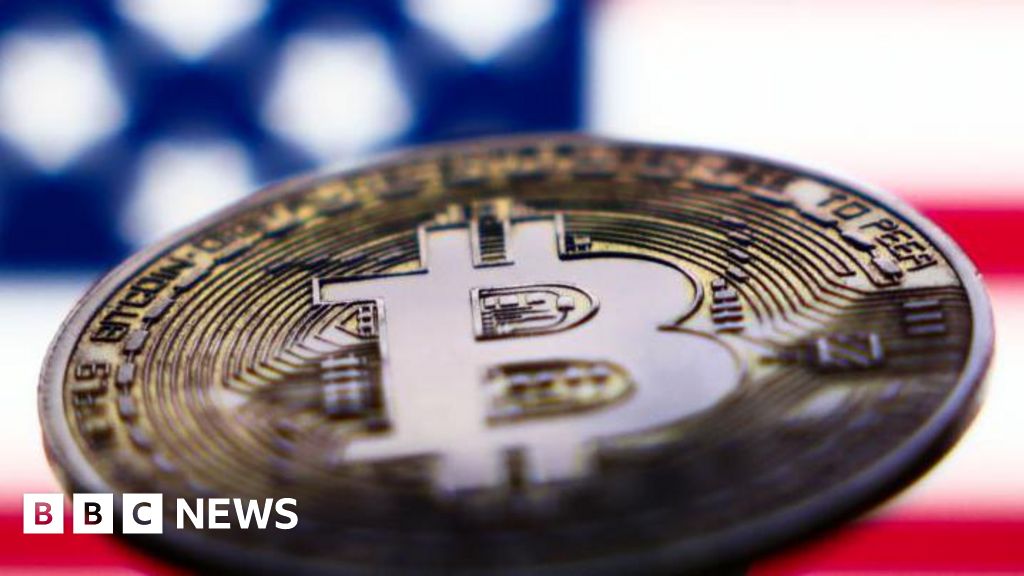
(Reuters) – U.S. business activity was steady in September, but average prices charged for goods and services rose at the fastest pace in six months, potentially hinting at a pickup in inflation in the coming months.
S&P Global said on Monday that its flash U.S. Composite PMI Output Index, which tracks the manufacturing and services sectors, was little changed at 54.4 this month compared to a final reading of 54.6 in August. A reading above 50 indicates expansion in the private sector.
September’s reading aligns with reports this month, including retail sales, that have suggested the economy maintained its solid growth momentum in the third quarter.
Uncertainty about the Nov. 5 presidential election is, however, weighing on business sentiment. The services sector continued to expand at a steady pace, though manufacturing slumped to a 15-month low.
Average prices charged for goods and services rose at their quickest pace since March, marking the first acceleration of selling price inflation in four months.
The survey’s measure of prices paid by businesses for inputs increased to a one-year high of 59.1 from 57.8 last month. Its gauge of prices charged rose to 54.7 from 52.9 in August.
Rising costs, mostly in the services sector linked to wage raises, were attributed for the increase. At face value, this would suggest that price pressures were building up again, but there is growing evidence that inflation is cooling.
The labor market has slowed considerably this year, with the unemployment rate rising above 4.0% from 3.4% in April 2023 and is likely no longer a threat to inflation.
The Federal Reserve’s “Beige Book” report this month showed that “as competition for workers has eased and staff turnover has fallen, firms felt less pressure to increase wages and salaries.”
The U.S. central bank last week cut interest rates by 50 basis points to the 4.75%-5.00% range, the first reduction in borrowing costs since 2020, which Fed Chair Jerome Powell said was meant to demonstrate policymakers’ commitment to sustaining a low unemployment rate.
“The early survey indicators for September point to an economy that continues to grow at a solid pace,” said Chris Williamson, chief business economist at S&P Global Market Intelligence. “A reacceleration of inflation is meanwhile also signaled, suggesting the Fed cannot totally shift its focus away from its inflation target as it seeks to sustain the economic upturn.”
The S&P Global survey’s measure of new orders received by private businesses fell to 52.4 from 53.0 in August. Private sector employment rose, though it remained at weak levels.
The survey’s flash manufacturing PMI dropped to a 15-month low of 47.0 from 47.9 in August. Economists polled by Reuters had forecast the index for the sector, which accounts for 10.3% of the economy, rising to 48.5. Its flash services PMI dipped to 55.4 from 55.7 in August, broadly in line with economists’ expectations for a reading of 55.2.
(Reporting by Lucia Mutikani; Editing by Chizu Nomiyama)








